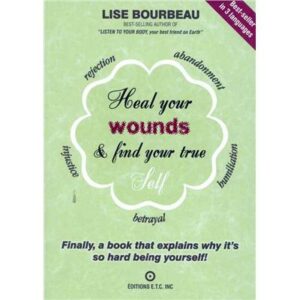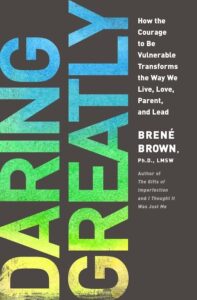The author, Mo Gawdat, Chief Business Officer at Google’s X, tries to crack the code and apply an engineer’s approach to happiness. The premise is simple: can we use logic and problem solving (instead of a more spiritual or philosophical approach) to find that algorithm that ensures our happiness? How do our brains process joy and sadness, and how can we use this to our advantage?
“Life is bound to deal you a few bad hands now and then. You don’t need to make a big deal out of every unexpected turn of events. Your path may be rerouted, but nothing is lost unless you decide to quit. Through it all, arm yourself with the right attitude. As Oscar Wilde said: “It is all going to be fine in the end. If it is not yet fine, then it is not yet the end.”
Mo Gawdat, Solve for Happy
One of the book’s central themes and the type of event to test his happiness algorithm is his son Ali’s untimely death. Whether you’re a parent or not, I think we can all relate to the sadness and pain of losing a child. For the author, an interesting insight unraveled in his grief regarding the difference between pain and suffering. Pain is our body’s mechanism to keep us alive, while suffering is our brain’s little bug with no purpose whatsoever, except to send us into an endless cycle of despair.
“The misery we feel then is not the product of the world around us—the event is already over while we continue to suffer. It’s the work of our own brains. In that sense: we let our suffering linger as a form of self-generating pain.”
Mo Gawdat, Solve for Happy
Overall, the book is a pretty exciting consolidation of neuroscience and cognitive behavior research for self-help purposes. As the knowledge enthusiast that I am, every chapter of this book was delicious candy for my brain. And of course, I’m talking about knowledge for the pure joy of learning something new instead of a prerequisite for my own happiness 😁
“Entertain the idea that what you’ve spent your entire life learning may not be entirely true. Knowledge is in no way a prerequisite to happiness. Your default state before you had any knowledge was happiness. As a matter of fact, false knowledge is the underlying reason for most unhappiness.”
Mo Gawdat, Solve for Happy
I started reading the book in 2018, well on my way to finishing it, and then, I stopped reading. Some personal struggles got in the way, mostly, but I also have to admit, the book lost me. Until about 70% of it, it was great. But that last 30% is disappointing. It starts getting into the spiritual realm that I have no problems with, but the whole point was logic and problem solving, so I felt a bit like it broke its promise. However, it’s still a good read with wonderful nuggets of wisdom worth a try.




0 Comments
Trackbacks/Pingbacks